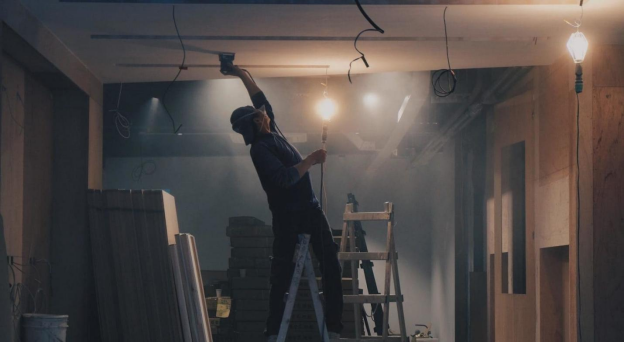Luxury products, whose sale had been characterized by being in person and mostly accompanied by experience in large brand stores, entered the digital market forcefully.Factors such as social distancing and biosafety protocols in stores and stores have caused the online channel to have fired in popularity.In the United States alone, the luxury retail contributed $ 105 additional income during the year 2020.
Those over 65 became the focus of these major brands."They tend to be loyal customers, get higher income than younger generations and are the ones who have had more time to accumulate savings."For example, in 2018, 50 -year -old consumers spent $ 7.6 trillions of what represents 56% of the total expenditure in the US, according to the 360 digital trade analysis of the US Department of Commerce Department.
Those over 65 are now the group of boughters online faster;In fact, they spent 49% more on this type of purchases in 2020 compared to 2019. Initially not very convinced of electronic commerce, those over 65 are increasingly comfortable by spending their income available online, a trend that a trend thatIt could be kept until after pandemic.

Also read: tricks to get rid of difficult spots on clothes
In Colombia, and according to Fashion Network, the luxury market reaches $ 24 billion a year, being one of the highest growth with a rate greater than 5%, sustained during the last 10 years.In the country men contribute 70% of total purchases, while women contribute to the remaining 30%.Most purchases are concentrated in the four main cities, Bogotá, Medellín, Cali and Barranquilla, and are 80% made through credit cards.
While major generations have entered a completely new paradigm of online shopping and experiences, younger generations have also changed their habits and expectations due to pandemic.According to Infobip's study, younger buyers are more interested in the luxury of experience than in the product itself.Therefore, to succeed, brands must turn to channels and digital experiences.
It is estimated that by 2025, 50% of all luxury consumers will be contemporary adults, people who continue to consume online content since they use electronic commerce platforms in the same way they did before 2020, but as theBrands expand their digital presence, customer expectations have increased.




